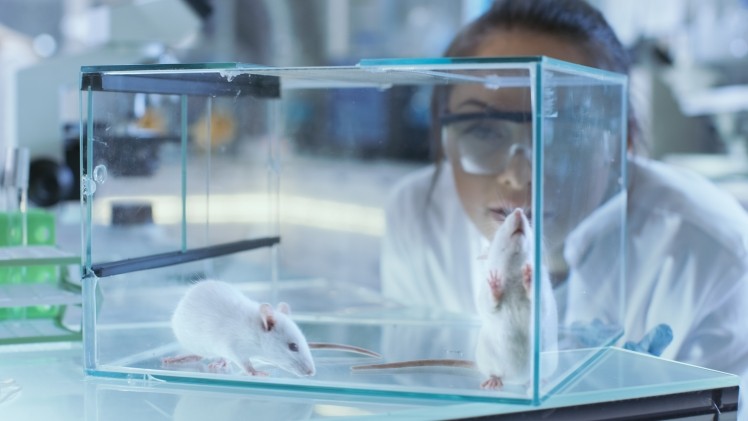Preliminary study finds fruit peel compound could reverse neuron damage

MS is a disease characterised by increasing muscle weakness and paralysis. It has a number of treatments that help stall progression if implemented early but they can rarely reverse damage that has already occurred in brain cells.
The current study, published in the Proceedings of the National Academy of Sciences (PNAS), provides hope for that ursolic acid, a natural triterpenoid, could potentially reverse damage even when implemented late in the disease's progression, according to the study's co-senior author Guang-Xian Zhang, Professor of Neuroscience at the Sidney Kimmel Medical College at Thomas Jefferson University.
The Thomas Jefferson University researchers used a lab-grade purified form of ursolic acid in mice that had established MS disease. "Many experiments have looked at mice in the acute phase, when disease is just starting or at the peak," says Dr. Zhang. "Instead, we tested whether this compound was effective in chronic disease, once there has already been chronic damage to tissues of central nervous system."
The researchers used an established mouse model of multiple sclerosis that develops the disease slowly over the course of its life, mimicking human disease.
At about day 12, the mouse begins the acute phase of the disease, when signs of MS, partial paralysis, appear, and when currently-available medications are most effective. The researchers, however, started treating mice at day 60 - when chronic tissue damage has been formed in brain and spinal cords, which needs to be repaired and regenerated.
Researchers treated the mice for 60 days, and began to see an improvement at day 20 of treatment. The mice which were paralysed at the start of the experiment, regained the ability to walk again, although with weakness.
"It's not a cure, but if we see a similar response in people, it would represent a significant change in quality of life. And most significantly, it's a reversal, which we really haven't seen before with other agents at such a late stage of disease," says Dr. Zhang.
Mechanism of action
The researchers also investigated how ursolic acid acted on cells. They observed that it suppressed Th17 cells - a type of immune cell that is one of the main drivers of the pathological autoimmune response in MS. Many currently active therapies appear to suppress Th17. But the Jefferson researchers showed that the compound could activate precursor cells to mature into myelin-sheath-making cells, called oligodendrocytes.
"This maturation effect is the most crucial," says Dr. Zhang. "Myelin-sheath-making oligodendrocytes are depleted in MS. And the stem cells that produce new oligodentrocytes are dormant and unable to mature. This compound helps activate those stem cells into making new oligodendrocytes, and is likely responsible for the reversal of symptoms we saw."
The next steps for the investigators include testing the compound for safety. Although ursolic acid is available as a dietary supplement, it could be toxic at high doses.
Dr. Zhang concludes: "Although the evidence is preliminary - our data is from animal models of disease - it's encouraging to see a compound that both halts and repairs damage in MS, in the lab."
Source: PNAS
Zhang. Y., et al
"A dual effect of ursolic acid to the treatment of multiple sclerosis through both immunomodulation and direct remyelination."
DOI: 10.1073/pnas.2000208117, 2020.













